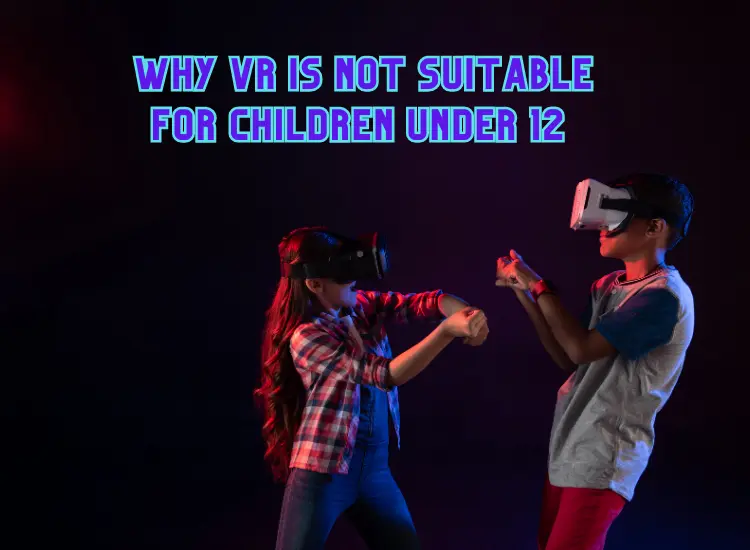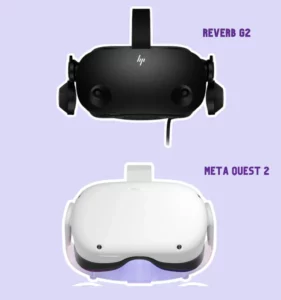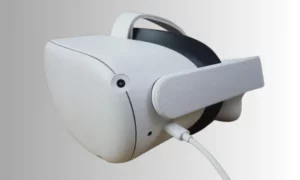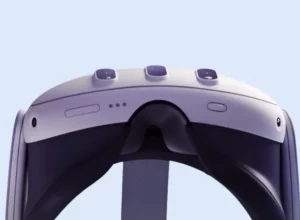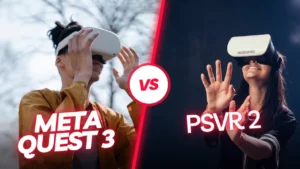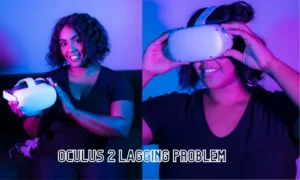There are several reasons why virtual reality (VR) technology may not be suitable for children under the age of 12.
Can a 10 year old use VR Headset?
First and foremost, VR technology can be very immersive and can potentially cause discomfort or even physical harm to young children. VR headsets completely block out the user’s field of vision, which can cause dizziness, nausea, and other forms of motion sickness.
This can be particularly problematic for children, who may not have fully developed their sense of balance and spatial awareness.
VR technology can also cause visual discomfort, especially if the display is not properly calibrated or if the user has a pre-existing condition like amblyopia (lazy eye).
Second, VR technology can also be very mentally stimulating, which can be overwhelming for young children. VR experiences often require the user to make quick decisions and react to fast-paced stimuli, which can be mentally exhausting for children who are still developing their cognitive skills.
Some VR experiences can be quite intense and may not be appropriate for children who are easily scared or prone to anxiety.
Third, VR technology can also be expensive and may not be a good investment for young children who are likely to outgrow it quickly. VR headsets, especially high-end ones, can cost several hundred dollars, which may not be a worthwhile investment for a child who is likely to outgrow the technology within a few years.
VR experiences often require specialized hardware and software, which can add to the overall cost of the technology.
Overall, while VR technology can be a fun and exciting experience for adults, it may not be suitable for children under the age of 12 due to its potential physical and mental risks. It’s important for parents to carefully consider these factors before exposing their children to VR technology.
